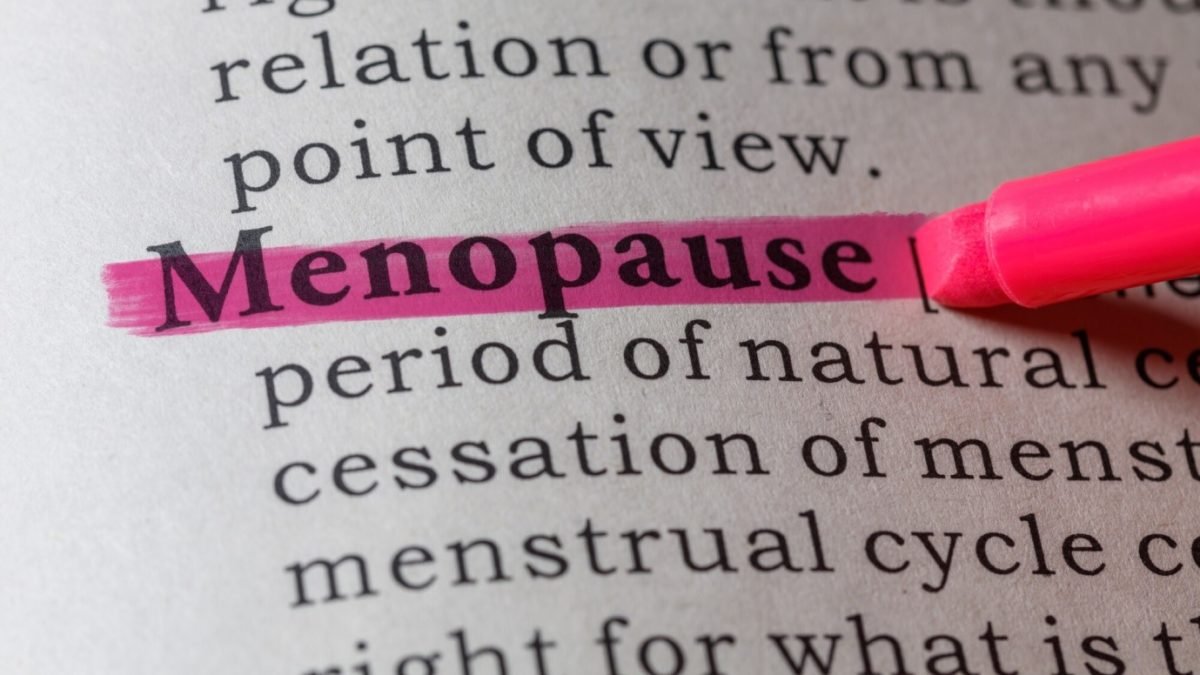The average age of menopause is 51. However, some women begin to experience menopause in their 40s, and a small percentage of women experience it even sooner.
Going through menopause can be tough, as many women experience an array of unwanted symptoms. Menopause symptoms include everything from mood swings to urinary incontinence to night sweats to sleep issues. Many women also experience sexual discomfort and hair loss or dryness.
Luckily, there are menopause treatment options available for those who don’t want to deal with these unpleasant symptoms. Read on to learn more.
Hormone Replacement Therapy
Hormone replacement therapy is one of the most effective treatment options for menopause. This type of therapy helps resupply the body with hormones it no longer produces.
Hormone replacement therapy (HRT) typically comes in the form of estrogen or progestin supplements. These are usually taken orally, through a skin patch, or as a gel. Estrogen helps treat vaginal dryness, hot flashes, and osteoporosis.
However, estrogen can also increase the risk of uterine or endometrial cancer because it stimulates cell growth. However, progestin counteracts these risks, which is why many doctors prescribe both. But, there are negative side effects that come with HRT, such as headaches, bleeding, bloating, breast pain, and swelling.
Depending on the dosage you take, you may even experience an artificial monthly period. For this reason, most doctors only recommend HRT for severe menopause symptoms.
It’s important to do thorough research on the hormones you’re prescribed before taking them. You can check out nufemme.com to learn more about hormone side effects.
Change Your Diet
Changing your diet can also help you deal with menopause symptoms. Eating foods high in plant estrogens, such as soy milk or soy products, can help ease hot flash symptoms.
Nuts, seeds, fennel, parsley, and celery may also help control hot flash symptoms. You can also raise your calcium intake to avoid osteoporosis. This can be done by consuming a supplement or eating more dairy products.
You should also avoid potential dietary triggers, such as caffeine or spicy foods.
Change Your Lifestyle
Changing your lifestyle can also help you manage menopause symptoms. To deal with pain and mood issues, we recommend adding some exercise to your routine.
Yoga, pilates, walking, or swimming can all be great for pain relief and irritability. You can also try deep breathing and relaxation techniques to deal with the stress of menopause.
Additionally, we recommend limiting your alcohol consumption and avoiding smoking. Excess alcohol consumption during menopause is associated with an increased risk of conditions such as heart problems, cancer, or depression. Smoking can increase your risk of sleep issues and hot flashes, so it’s best to avoid it at all costs.
Menopause Treatment Options: Time to Act
As you can see, there are many menopause treatment options available. Menopause is a natural part of life, and there is no cure for it. However, the above treatment options can make the menopause process easier.
Be sure to check back in with our blog for more menopause-related news and tips.
Related posts
Subscribe Now
* You will receive the latest news and updates on your favorite celebrities!
Meet the Author

Gillion is a multi-concept WordPress theme that lets you create blog, magazine, news, review websites. With clean and functional design and lots of useful features theme will deliver amazing user experience to your clients and readers.
Learn moreCategories
- Animals (6)
- Business (579)
- Cooking (3)
- Design (17)
- Education (59)
- Entertainment (62)
- FASHION (89)
- Fashion (39)
- Featured (19)
- FOOD (42)
- Guide (55)
- Health (290)
- HOME (184)
- Interior (14)
- Life (8)
- Lifestyle (111)
- Motivation (6)
- News (47)
- People (4)
- Photography (5)
- Review (4)
- Style (4)
- TECH (176)
- Travel (107)
- Uncategorized (1,441)



Stay connected